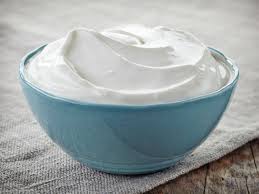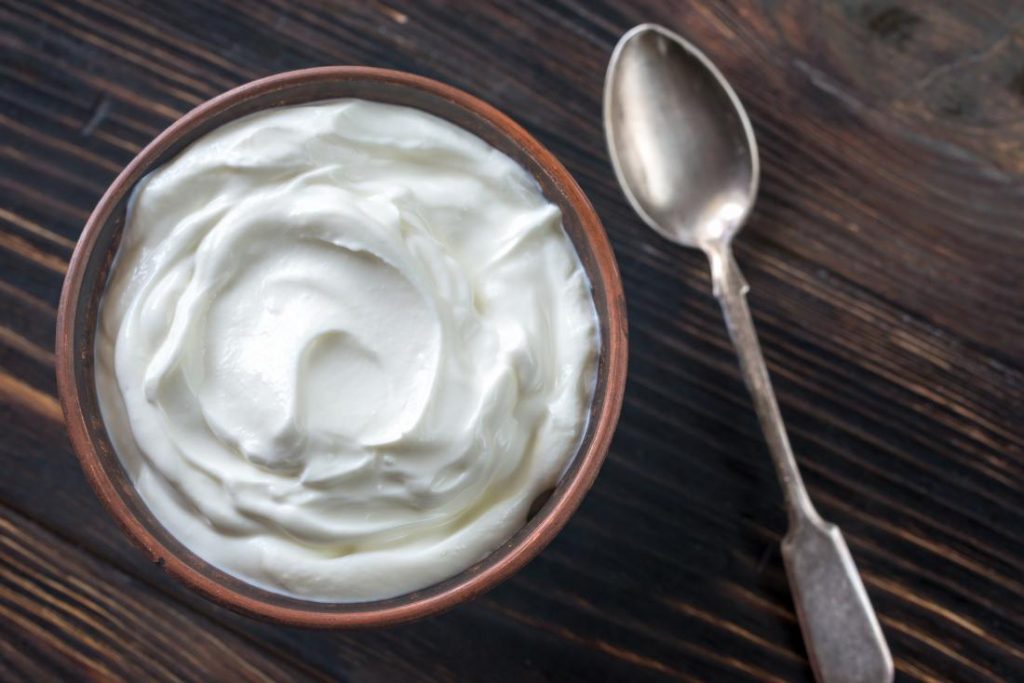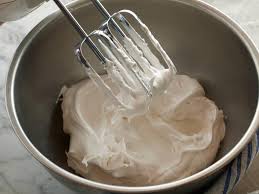
Eggs In Their Shell
Liquid tends to expand when it turns solid and eggs are no exception. The liquid inside will harden, expand and crack the shell when frozen, leaving you with a mess that will leave your freezer smelling rotten. Because of safety issues and textural problems, freezing cooked or raw, shelled eggs is not suggested. Whisked entire raw eggs, raw egg whites, raw egg yolks, and cooked egg dishes are all examples of eggs that may be frozen.

Raw Fruits And Vegetables
Raw fruit and vegetables with high water content will turn icy in the freezer, and they won’t thaw well. Instead of returning to their crispy, crunchy state, they’ll turn limp and soggy. No one wants to eat a limp piece of celery, watermelon or a soggy cucumber.
Vegetables should be boiled or thoroughly cooked before freezing, with the exception of onions and peppers, which can be frozen uncooked. Blanching or immersing veggies in hot water prevents the enzymes that cause discoloration and mushy frozen goods.

Sour Cream
Freezing sour cream will cause it to separate, which makes it kind of gross to eat alone after it’s been frozen and thawed. Sour cream should never be frozen because the fat separates from the liquid component of the cream during the freezing and thawing process. This results in a coagulated texture that may be unpleasant to eat.

Yogurt
Yogurt that is frozen will change the texture in the freezer. Like sour cream, the yogurt will separate. It’ll be acceptable for cooking if you really want to use it, but otherwise not great to eat on its own. The water inside yogurt is pulled away from the gel when it freezes, causing the structure to collapse and split. This isn’t to say the yogurt isn’t good; it’s simply not wise to eat it if frozen.

Potatoes
If you put whole, raw potatoes in the freezer they will form ice crystals due to their high water content. This means you will be left with mushy potatoes when you go to thaw it. Because of their high water content, uncooked potatoes will likely become mushy or at the very least squishy when frozen. Make sure you parboil (or blanch) them before freezing them.

Cheese
Cheese has a long fridge shelf life so there really isn’t much need to freeze it. If you put a hard cheese in the freezer, it will turn crumbly, if you put soft cheese in the freezer, the moisture will crystallize the cheese’s light, fluffy texture. When cheese is frozen, ice crystals form, altering the structure of the cheese.
Soft cheeses, for example, come out of the freezer with liquid separated from the hard part of the cheese and the granular paste that is what remains.

Egg White Based Frosting
Frosting made from egg whites will lose its fluffiness and emit liquid if put in the freezer. It’s simply not wise to freeze it as it will destroy the texture of the frosting and you’ll just be left disappointed.
As you can see there are many things you really should never attempt to freeze. The re-occurring issue is always the texture and of course the change in taste. While it may seem convenient to freeze these foods, there really is no point if you’re not going to be able to eat it.